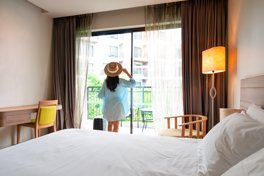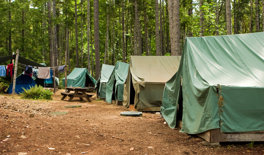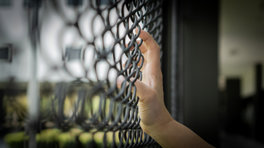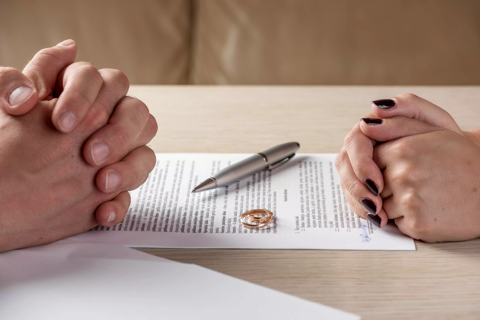
Client’s Story: £3 Million Settlement for Family After Serious Brain Injury at Birth
Simpson Millar secured a £3 million settlement for a family after their newborn suffered a serious brain injury shortly after birth. The injury, diagnosed as intraventricular haemorrhage (IVH), led to lasting developmental issues and complex care needs. Independent medical experts supported the claim, which focused on possible failures in newborn monitoring and hospital care. Whilst the hospital denied liability, the family accepted the settlement, providing financial security and long-term support for their child. Our Court of Protection team continues to assist with managing the child’s future care and needs.





















